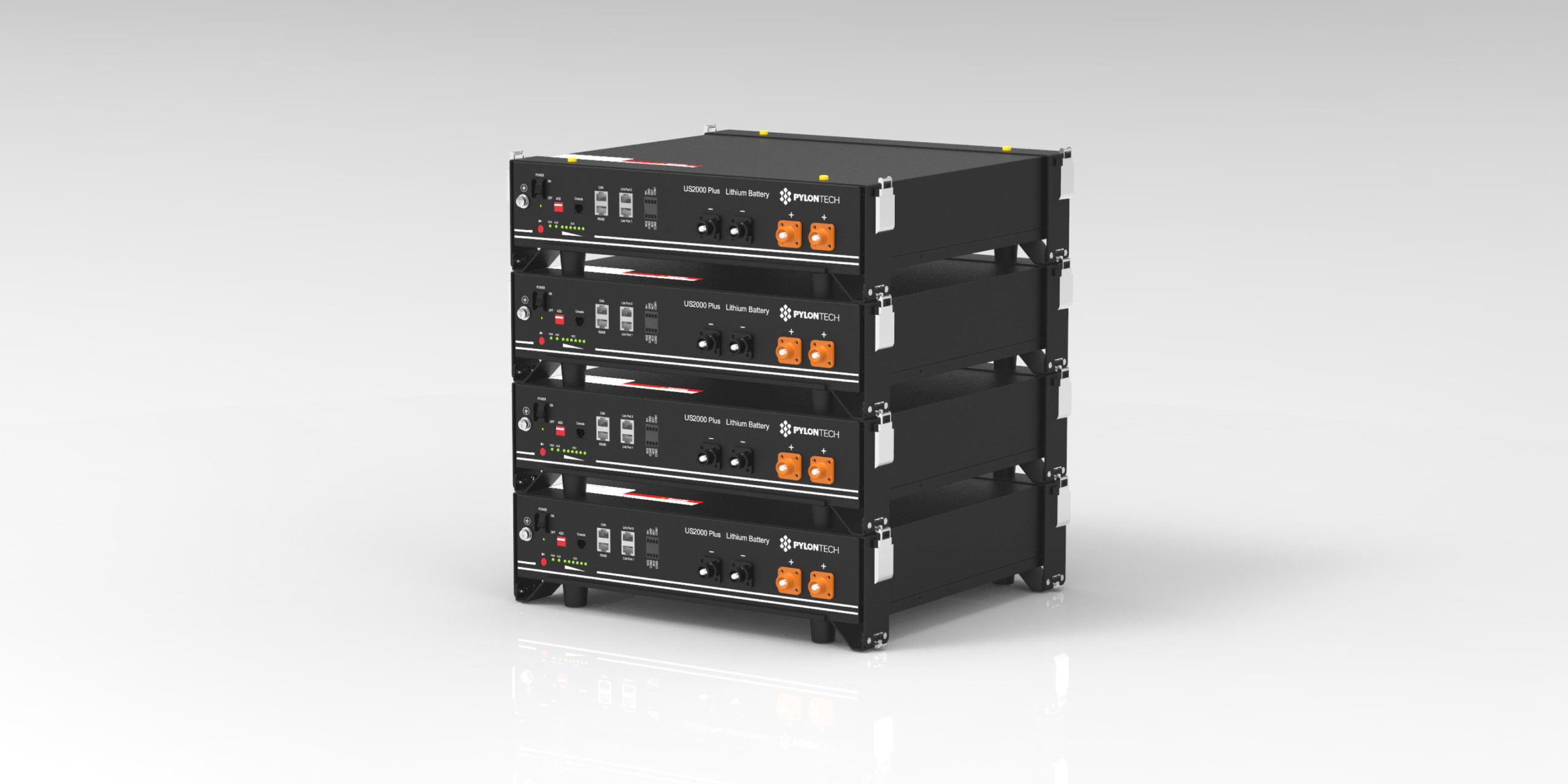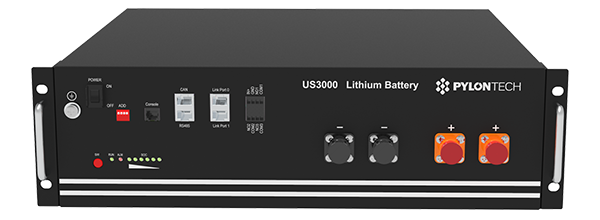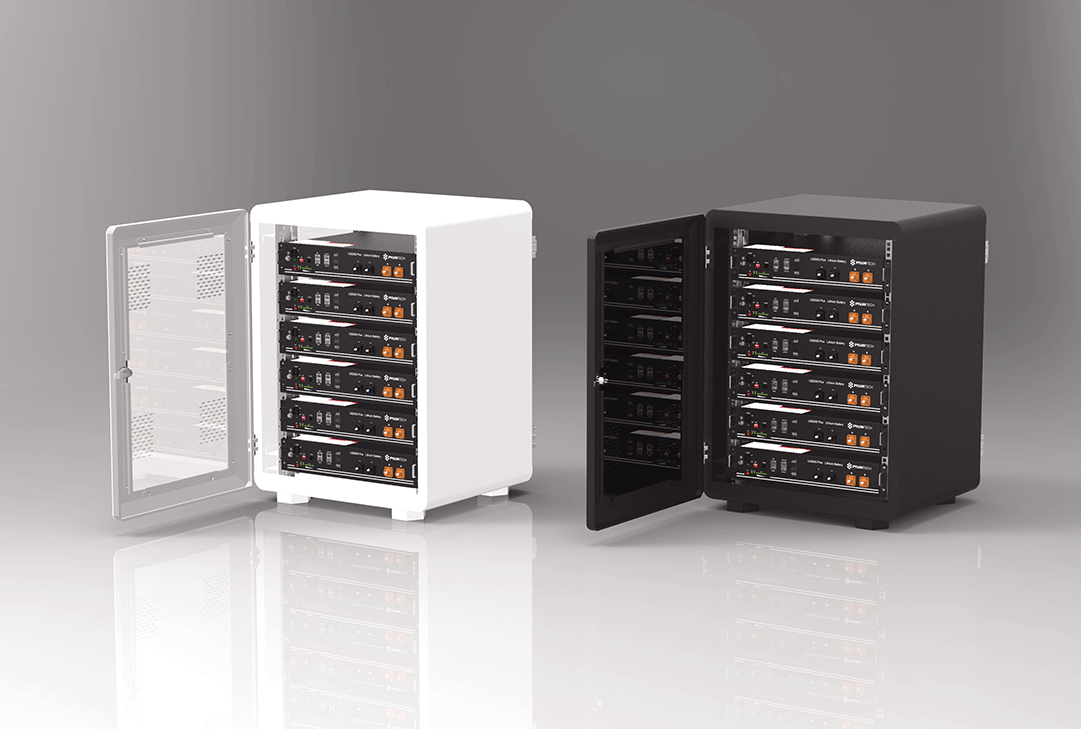Lithium-ion or Li-ion batteries has grown in use significantly in recent years. They offer some distinct advantages and improvements over other forms of battery technology. There are many advantages to using a li-ion battery. As a result the technology is being used increasingly for a huge number of widely varying applications. Everything from small electronic devices, through smartphones and laptops to inverters, vehicles and many other applications. The advantages of Li-ion technology mean that these batteries are finding an increasing number of applications, and as a result, a huge amount of development is being invested into them.
Here, we look at 7 major reasons why you need to choose lithium-ion batteries for your next solar inverter installation.
7 Reasons to Choose Lithium-ion Battery are as follows:
- The main attraction of lithium-ion batteries is that they do not require constant maintenance. They are a type of the sealed maintenance-free battery types.
- Lithium-ion batteries weigh far less than other types of rechargeable batteries of the same size and output capacities. The reason is because the electrodes of a lithium-ion battery are made of lightweight materials. They take up less space and are thus more suitable when there are space considerations.
- Lithium-ion batteries do not have to completely discharge before recharging, as with some other battery technologies. They have a much longer life than other battery types.
- Comparatively, Li-ion batteries charge extremely faster than other rechargeable batteries. The reason is because lead acid batteries require a three stage charging profile where each stage progressively lowers the charge current and can be bulk-charged up to 80%, then absorption-charged from 80% to about 95% and then float-charged to 100%. Lithium-ion batteries however do not have such a similar three-stage charging and can be bulk-charged all the way up to 100%.
- Li-ion batteries can withstand very rugged power conditions than other types of batteries. They can supply electricity to very high power appliances.
- Under the same conditions, Li-ion batteries are far more efficient than lead acid batteries. Lead acid batteries only have a charge efficiency of 85%. This means that for every 1A sent to the batteries, only .85A are stored for use. Lithium batteries however have a charge efficiency of 99% so nearly every ampere sent to them is stored and usable. Therefore, a lead acid battery bank will require a 15% larger – and more expensive – solar array to charge it as fast as a comparably sized lithium battery bank.
- The lifespan of lithium-ion batteries is significantly higher than that of normal lead acid batteries. Some manufacturers warranty their Li-ion batteries to last 10,000 cycles. Most lead acid batteries are only rated for 400 cycles or less. This means Li-ion batteries will last ten times longer than their lead acid counterparts! In addition, deeper discharge levels reduce the number of cycles from lead acid batteries. Li-ion batteries are less affected by deep discharge.
There you have it, reasons to choose lithium-ion batteries for your next solar inverter installation. You can shop lithium-ion batteries here.
Some facts in this article are courtesy of SolarKobo.





